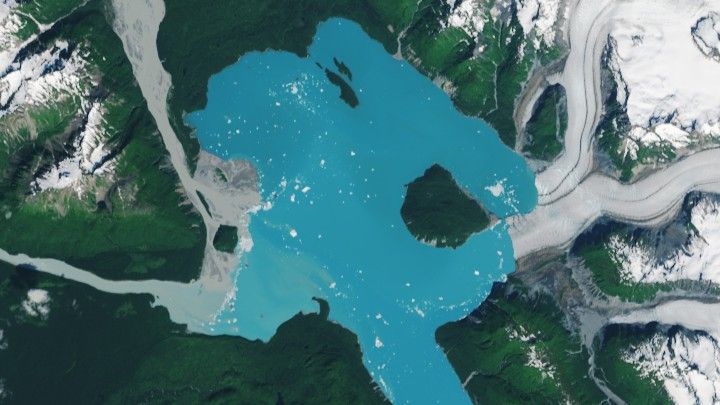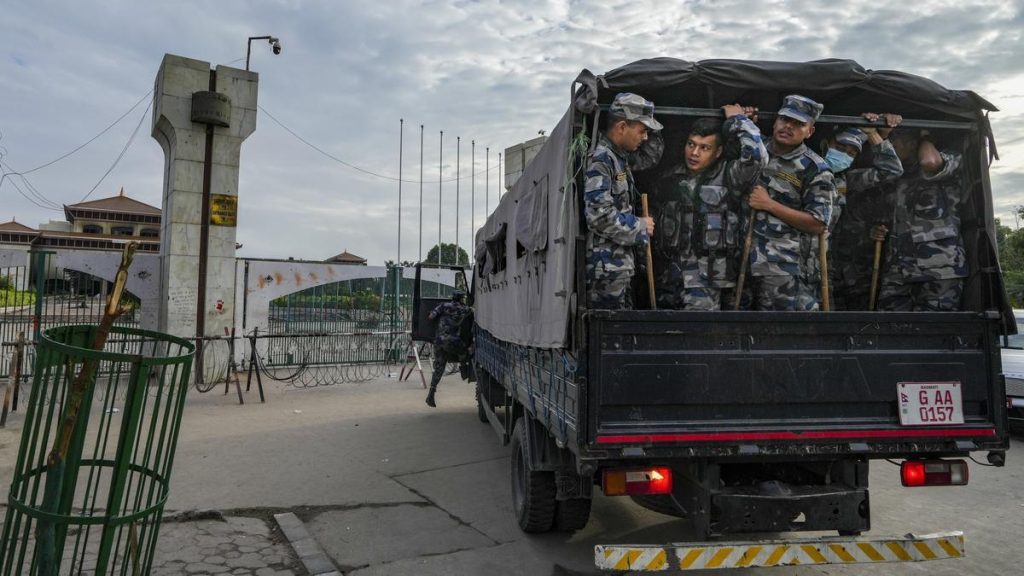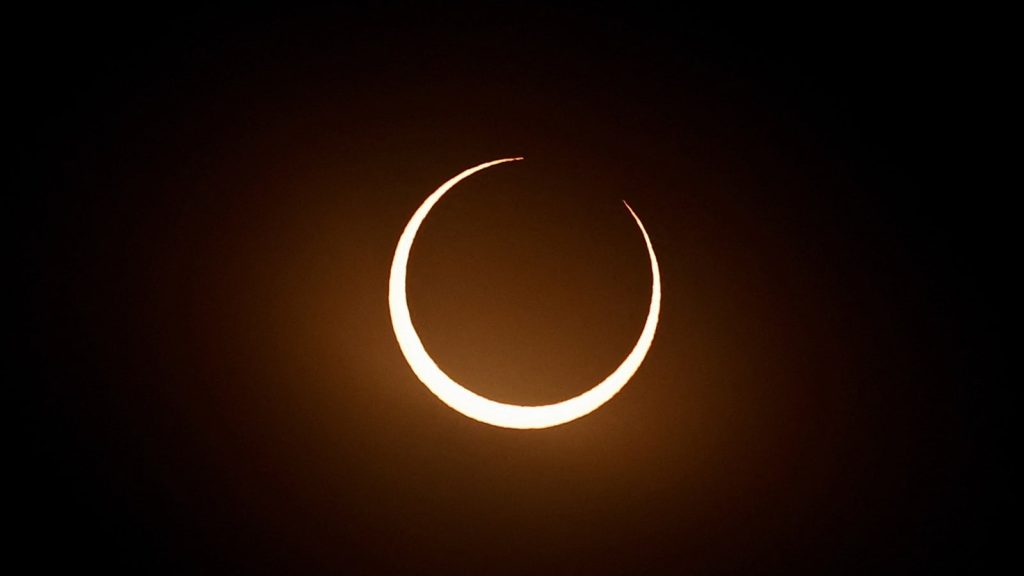Now Reading: Melting Ice in Alaska Reveals Newly-Formed Island
-
01
Melting Ice in Alaska Reveals Newly-Formed Island
Melting Ice in Alaska Reveals Newly-Formed Island

Quick Summary
- A new island named Prow Knob has emerged in Alaska, becoming disconnected from the retreating Alsek Glacier in glacier Bay national Park.
- satellite images taken by NASA’s Landsat 9 reveal that Prow Knob is now wholly separated from the glacier. This occurred between July 13 and August 6, 2023.
- Glaciers in southeastern Alaska have been retreating for decades due to thinning ice and increasing meltwater.
- Prow Knob spans approximately 2 square miles (5 square kilometers) and was formerly surrounded by glacier channels until they retreated significantly over time.
- Historical predictions by glaciologists Austin Post and Mauri Pelto estimated that Alsek Glacier would release Prow Knob by 2020; however, it persisted longer than anticipated.
- Globally, glaciers are retreating amidst rising temperatures attributed to climate change. Recent years have seen record-breaking heat levels.
!Satellite image of Prow Knob
Alaska’s Prow Knob used to be surrounded by ice.
(Image credit: NASA Earth Observatory images using Landsat data)
!Annotated satellite image from 1984
Satellite image from July 5, 1984 showing Alsek’s earlier state.
(Image credit: NASA Earth Observatory images using Landsat data)
Indian Opinion Analysis
India can view this progress as a poignant reminder of how climate change impacts ecosystems around the world. The emergence of a new landmass like Prow Knob underscores how rising global temperatures accelerate glacial melting-a phenomenon relevant globally since many Indian rivers such as ganga and Brahmaputra depend on Himalayan glaciers for their flow. For india,the connection goes beyond environmental changes; shrinking glaciers could disrupt water supply patterns crucial for agriculture while increasing flood risks due to rapid meltwater discharge.
India’s dependence on monsoon cycles also makes climate-related disruptions highly consequential domestically. Scientists might look toward cases like Alaska’s glacier retreat as warning signals for similar patterns near regions like Ladakh or Uttarakhand were sensitive ecosystems co-exist with growing human interventions.The focus should be on adopting rigorous climate action measures while strengthening research collaborations with global institutions assessing glacial changes to anticipate challenges more effectively.



























